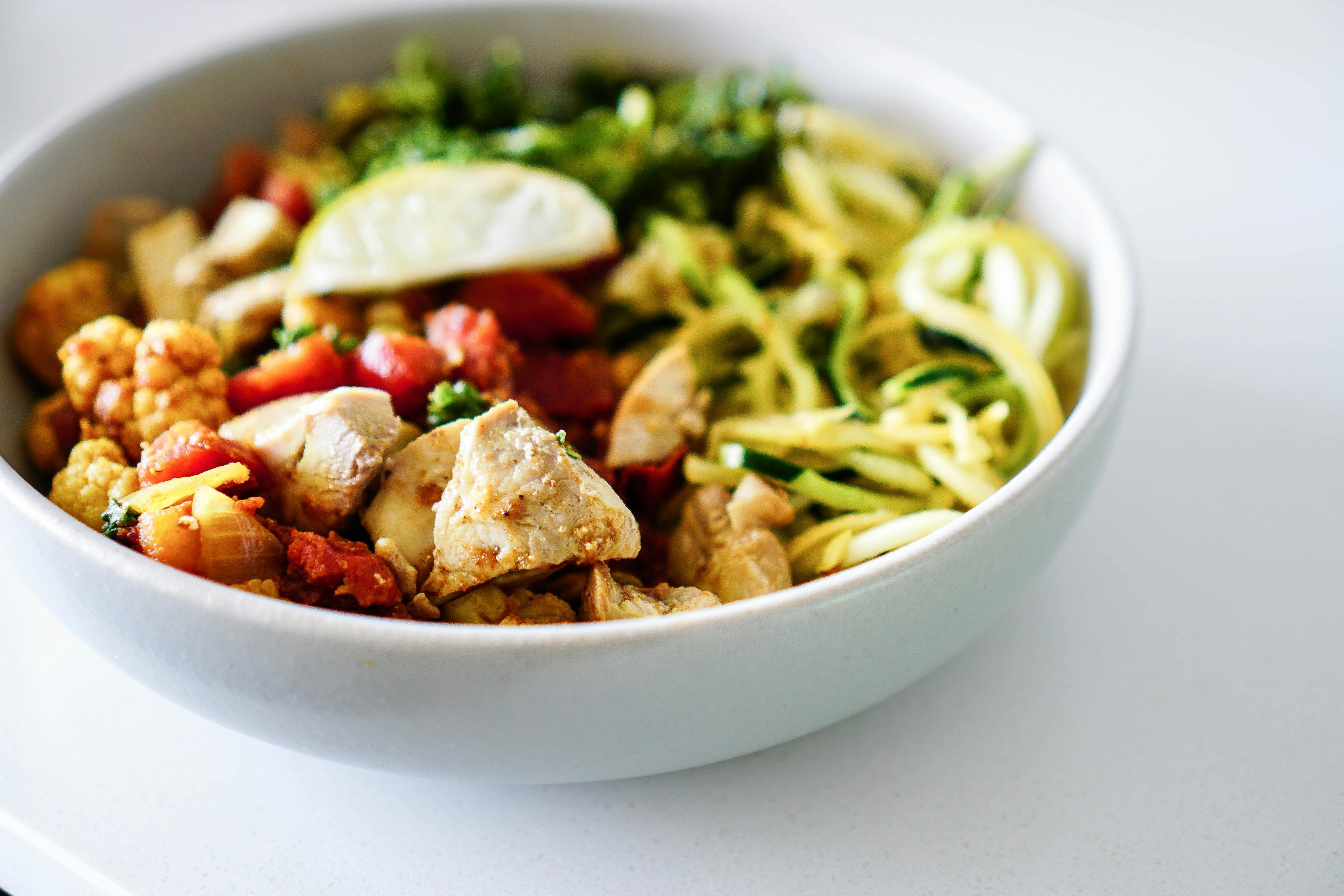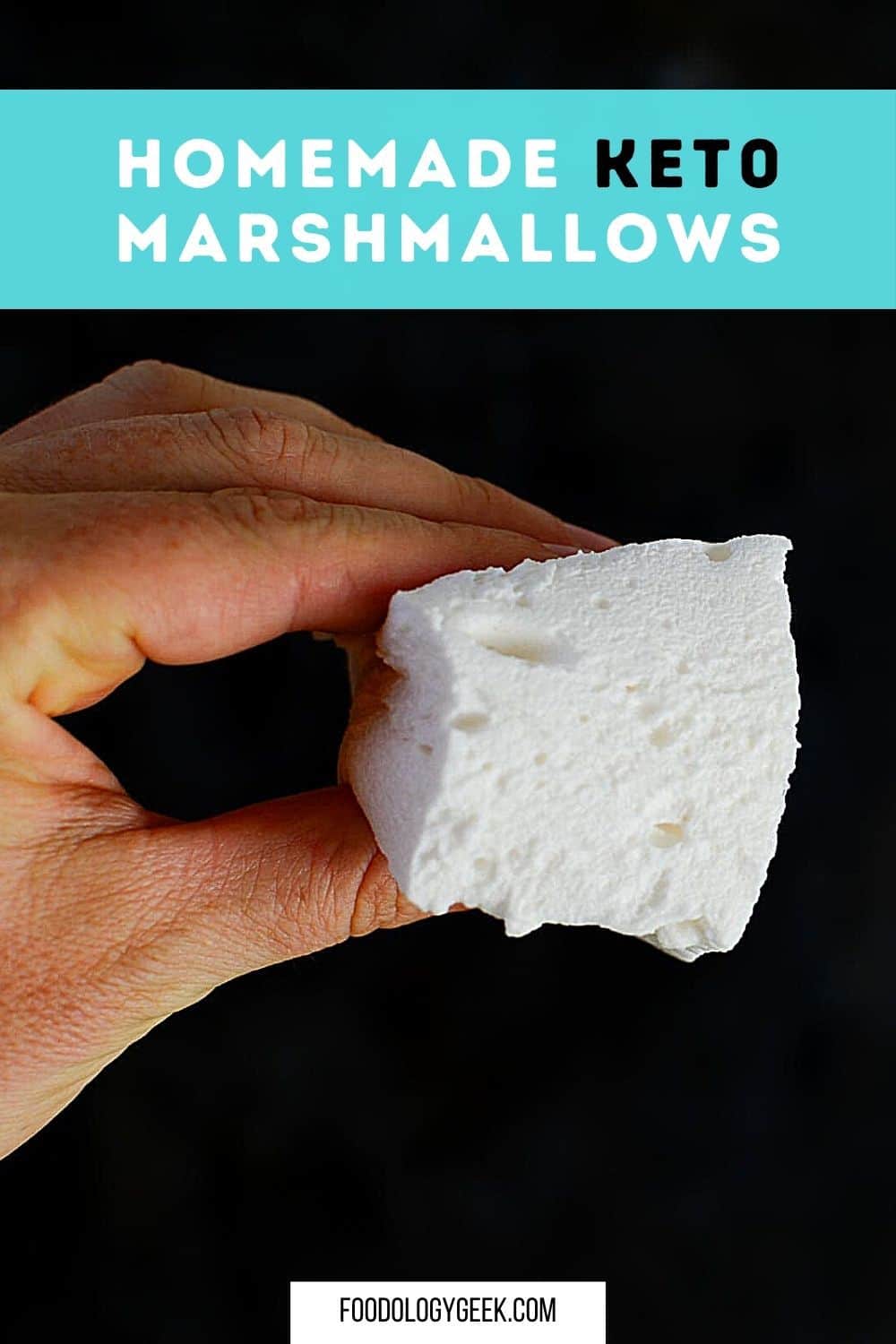
Essential Guide to Keto Fiber for Effective Weight Loss
The ketogenic diet is celebrated for its ability to facilitate weight loss, promote metabolic health, and enhance overall well-being. One critical component that often gets overlooked in ketogenic meal plans is fiber. Dietary fiber plays a vital role in digestion, appetite control, and sustaining energy levels, making it an essential factor for anyone following a keto lifestyle. In this article, we will explore the best 5 keto fiber options available in 2025, reviewing their health benefits, practical applications, and how to integrate them into your daily diet.
Fiber can be classified into two main types: soluble and insoluble fiber. Both have unique health benefits that can enhance your ketogenic journey. Including fiber-rich foods and supplements can help maintain digestive health, improve gut microbiome balance, and support effective weight management. This guide will not only clarify the importance of keto-friendly fiber sources but will also provide practical tips for incorporating them seamlessly into your meal planning. Our focus will be on fiber-rich foods, keto fiber supplements, and snack ideas to bolster your keto pantry.
Key takeaways will include the nutritional values of fiber options, their role in appetite control, and the best ways to prepare keto meals that prioritize fiber intake. Let’s explore the world of keto fiber and how it can aid in achieving your weight loss goals.
Top 5 Keto Fiber Sources for Your Diet
1. Chia Seeds: Nutrient-Dense Fiber Powerhouse
Chia seeds are a perfect choice for keto enthusiasts due to their high soluble fiber content. A mere two tablespoons of chia seeds provide about 10 grams of fiber. The soluble fiber in chia seeds aids digestion and supports heart health by helping to lower cholesterol levels.
In addition to their fiber content, chia seeds offer protein, omega-3 fatty acids, and antioxidants, enhancing their nutritional profile. They can easily be incorporated into smoothies, salads, or used as a base for keto-friendly puddings. For individuals looking to manage their appetite, chia seeds expand when soaked in liquid, creating a filling gel that aids in satiety.
When including chia seeds in your keto meal prep, consider making chia pudding as a fiber-rich breakfast option. Mix chia seeds with unsweetened almond milk, let them sit overnight, and top with your favorite low-carb toppings for a delicious meal.
2. Flaxseeds: Versatile and Nutrient-Rich
Flaxseeds are another standout in the keto fiber category, offering both soluble and insoluble fiber. This high-fiber option provides approximately 8 grams of fiber per two tablespoons. Their nutty flavor pairs well with various recipes, making them a versatile ingredient in your kitchen.
Flaxseeds not only support digestive health but also contain lignans, which offer additional antioxidant benefits. Ground flaxseeds can be added to smoothies, baked goods, or sprinkled on salads, providing a nutrition boost alongside their fiber content.
For those following a ketogenic diet, incorporating flaxseed meal into your baking can yield fiber-rich keto fiber bars or bread. These recipes can satisfy your carb cravings while keeping your fiber intake in check.
3. Psyllium Husk: The Fiber Supplement You're Looking For
Psyllium husk is a soluble fiber supplement derived from the seeds of the Plantago ovata plant. This powerful fiber source is known for its ability to promote healthy digestion and regularity. Just one tablespoon of psyllium husk contributes around 7 grams of fiber, making it an efficient choice for those needing to increase their fiber intake.
Psyllium husk can be easily added to smoothies, keto shakes, or even as a thickening agent in soups and sauces. Its unique property as a natural laxative helps maintain gut health, making it particularly beneficial for individuals on a low carb diet.
When using psyllium husk, start slowly and ensure adequate hydration to prevent discomfort. This will also ensure optimal fiber hydration and preventive measures against digestive issues.
4. Avocados: Creamy and Fiber-Rich
Avocados have become a staple in the ketogenic diet due to their high healthy fat content and low carbohydrate levels. Interestingly, avocados are also an excellent source of fiber, with a single medium-sized avocado providing around 10 grams of fiber—primarily insoluble fiber.
The combination of fiber and healthy fats in avocados helps with appetite control, providing lasting satiety throughout the day. They can be enjoyed in various forms, such as a side dish, salad topping, or blended into smoothies. Additionally, their creamy texture makes them a delicious addition to keto-friendly recipes, enhancing meal enjoyment without compromising your dietary goals.
5. Leafy Greens: The Unsung Heroes
Leafy greens such as spinach, kale, and Swiss chard are fiber-rich veggies that are ideal for anyone adhering to a ketogenic lifestyle. These greens are low in calories and high in essential vitamins and minerals, providing up to 5 grams of fiber per cup. Incorporating leafy greens into your meals also supports digestive health and aids in maintaining a healthy gut microbiome.
Leafy greens can be easily included in salads, smoothies, or cooked as a side dish. They can also serve as a base for various fiber meals, boosting fiber content without adding significant carbohydrates. Make sure to vary your leafy greens intake to gain a wider range of nutrients and health benefits.
Practical Tips to Enhance Fiber Intake on Keto
Creating Keto Meal Plans with Fiber
Integrating fiber into your keto meal plans doesn’t have to be challenging. By selecting a variety of fiber-rich foods, you can ensure that your diet remains balanced while supporting your digestive health. When planning meals, include a combination of the aforementioned keto-friendly fiber sources to meet your daily fiber goals.
Consider meal prepping fiber-rich lunches that include chia seed or flaxseed-based smoothies, salads incorporating leafy greens, and avocado-based snacks. This will not only simplify your meal preparation but also help you maintain high fiber intake consistently.
Snacking Smarter: Keto Snacks Rich in Fiber
Finding low carb snacks can be daunting, especially when looking for fiber-rich options. However, the choices are plentiful. You can prepare homemade keto fiber bars using flaxseeds, chia seeds, and unsweetened coconut, or opt for store-bought keto fiber bars that cater to your dietary needs.
Other on-the-go options include sliced avocado with sea salt, handfulls of nuts rich in dietary fiber like almonds or walnuts, or raw veggies paired with high-fiber dips such as hummus made from beans. These choices ensure you remain fueled throughout the day while supporting gut health and weight management.
Monitoring Fiber Intake for Optimal Health
To reap the maximum benefits of fiber while on the ketogenic diet, it’s essential to monitor your fiber intake effectively. Tools like food diaries or apps can help track how much dietary fiber you consume daily, ensuring you meet the recommended intake levels. Strive for at least 25 grams of fiber per day for optimal digestive health.
Incorporate fiber supplementation if needed—this may include adding psyllium husk or other fiber supplements to your daily routine. Remember to gradually increase fiber intake to allow your body time to adjust, and drink plenty of water to support fiber hydration.

Health Benefits of Fiber for Ketosis and Weight Management
Fiber’s Role in Blood Sugar Regulation
One of the critical benefits of dietary fiber lies in its ability to assist in blood sugar regulation. Soluble fiber slows down the absorption of sugar, helping to prevent spikes in blood sugar levels. This can be particularly beneficial for those on a ketogenic diet, which aims to keep blood sugar levels stable to promote ketosis.
Additionally, fiber helps support the health of the gut microbiome, which can further influence how well the body manages blood sugar and metabolic health. By including high fiber foods in your diet, you can enhance your chances of achieving a balanced blood sugar level, which is crucial for weight loss and overall wellness.
Appetite Control and Satiety
Fiber provides an essential benefit in regulating appetite. Foods rich in fiber promote a feeling of fullness, which can help prevent overeating. This aspect of fiber is particularly important for successful weight loss, as maintaining a healthier caloric intake aids in achieving weight-loss goals.
Moreover, the combination of keto fiber alongside healthy fats works synergistically to keep you satisfied longer, reducing the likelihood of unhealthy snacking or cravings. This balance in your diet fosters an effective approach toward weight management and overall health.
Supporting Digestive and Gut Health
Fiber plays a significant role in promoting digestive health by enhancing bowel regularity and assisting in the prevention of constipation. Both soluble and insoluble fibers contribute to these processes, making them essential components of your diet.
By prioritizing fiber intake, you can support healthy digestion and help maintain the integrity of your digestive tract. A healthy gut is foundational for well-being, which in turn can lead to more successful outcomes in weight management and metabolic function.

Q&A Section: Fiber on a Keto Diet
How much fiber should I consume on a keto diet?
For a ketogenic diet, it is generally recommended to aim for at least 25 grams of fiber per day. Individual needs may vary depending on factors such as activity level, age, and overall health. Monitor your fiber intake regularly to ensure optimal digestive health.
Can I get enough fiber from keto snacks?
Absolutely! Many keto snacks are high in fiber, such as nuts, seeds, and certain low-carb bars. Additionally, incorporating fiber-rich foods like leafy greens and avocados in your meals adds to your overall fiber intake. Take time to check the nutritional labels of snacks to prioritize fiber-rich options.
Are fiber supplements necessary on keto?
While it’s encouraged to obtain fiber from whole food sources, fiber supplements can be beneficial for those struggling to meet their fiber intake through diet alone. Consider options like psyllium husk or flaxseed meal if you find it challenging to include enough fiber in your meals.
Always start slowly with fiber supplements and ensure proper hydration to avoid any discomfort. Consulting with a healthcare provider regarding the use of fiber supplements is also advisable.
Do fiber-rich foods affect ketosis?
Fiber-rich foods do not hinder ketosis, as they are typically low in net carbs. The fiber content can support digestive health without impacting blood sugar levels, making them ideal for a ketogenic lifestyle. Focus on fiber-rich, keto-friendly foods to complement your meal plans.
How can I incorporate more fiber into my keto recipes?
Incorporate fiber into keto recipes by adding ingredients like chia seeds, flaxseeds, or psyllium husk into smoothies, baked goods, and sauces. Additionally, increase your servings of high-fiber veggies in salads, main dishes, and side dishes to enhance both flavor and nutrition.